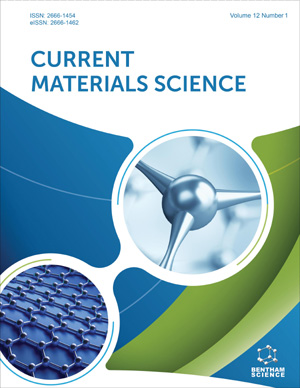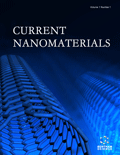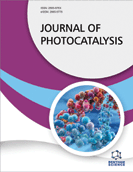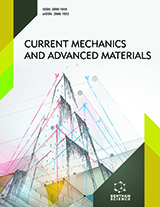Abstract
Background: There is a requirement for internal curing, especially in areas where water is scarce and where it is difficult to cure concrete due to inaccessibility of the site. About five times higher water is consumed in curing than the water used in making concrete. Furthermore, the quality of water that is to be used for these activities is required to be of a certain standard. If the requirement of water can be reduced, it becomes both economically and ecologically viable.
Objective: The present research is carried out to determine the technical and economic feasibility of bentonite as an internal curing agent with properties of concrete to be used in the field.
Methods: This paper compares the compressive and flexural strength parameters for standard and bentonite infused concrete and whether this can be considered as a suitable addition in concrete. The flexural strength is measured using four-point test. Both the tests are carried out in accordance with IS codes.
Results: There is an increase in compressive strength for both intermittent and air curing of internally cured concrete in comparison to control concrete. Furthermore, air curing of internally cured concrete is comparable to intermittent curing of control concrete. Also, the compressive strength of intermittent curing concrete with bentonite is comparable with the strength obtained by pond curing of control concrete.
Conclusion: The results indicate that bentonite can be considered as a viable addition to concrete, especially in cases of air curing. The use of bentonite is thus recommended for air curing and intermittent curing conditions.
Keywords: Bentonite, internal curing, sustainability, concrete, compressive strength, flexural strength, internal curing agent.
Graphical Abstract
























